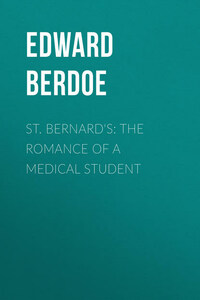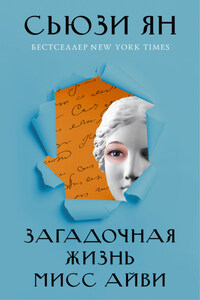CHAPTER I.
THE FIRST OF OCTOBER
“Homines ad deos nullâ re proprius accedunt quàm salutem hominibus dando.”
Having selected medicine as a profession, the usual day for a man to enter on a course of study at one of our great medical schools is the first of October. The almanack tells us this is the feast of St. Remigius, the day on which Cambridge term begins and pheasant shooting commences. Neither of these interesting facts, however, explains the opening of the medical schools on the day in question; nor is it explained by the circumstance that this period is the anniversary of the institution of the order of merit for Folly, created at Cleves in the year of our Lord 1381; nor by what good old Thomas Fuller tells us of the holding of Lawless Courts, or Curia de Domino Rege Dicta sine Lege on Kingshill at Rochford in Essex; though some non-medical antiquaries, holding the learned profession of medicine in low esteem, have pretended that a day sacred to folly and lawlessness is peculiarly appropriate for the commencement of the curriculum of a medical student. We will not, like the ancient philosopher of whom Montaigne speaks, seek for learned and obscure explanations when our serving maid can offer us a simple one, but will state at once that the medical schools open at this season of the year because the weather being now cool, corpses set apart for dissection keep well! Thus did scholastic speculation vanish before the timely discovery of the legend, Bill Stumps, his X mark. This day of high festival at all the hospitals to which medical schools are attached is celebrated in various ways. An inaugural address, given by one of the staff, has long been the custom at the most famous of these; and on such occasions the freshman is usually staggered by the picture of the awful responsibilities he has undertaken, and made aware that he has devoted his life and energies to the loftiest, noblest, and worst paid calling he could have possibly selected. He is assured that he will be a benefactor to humanity of the highest type, but must expect neither gratitude, wealth, nor elevation to the peerage; that although he will, if he join the Army Medical Service, be looked down upon as only a superior kind of camp follower; that, as Dr. Abernethy used to say, if he does not claim his fees “while the tears are about,” he stands a good chance of losing them – so prone is an ungrateful country and a forgetful client to ignore the doctor when the danger is over. Notwithstanding all these drawbacks, however, he is assured he will find in the commendation of his own conscience an ever-sufficient reward for his devotion to suffering humanity. All successful professional men talk more or less of this pessimistic cant, like the Chancery judge who addressed a batch of newly admitted barristers-at-law in these terms: “Gentlemen, I cannot congratulate you on the profession which you have chosen. It is one in which very few succeed, and most of those who succeed wish they had failed.” The fact is, with professions and business, as with wives, men get just as much success as they deserve. These sentiments produce on the newly entered pupils their profoundest effect, but they are totally lost on the older ones, who declare them all humbug, and only intended to gull the public who will read them in the daily papers. Many of the seats are always filled by medical men who were educated in the hospital and school attached, who like to hear these time-honoured sentiments, reminding them of the happy period when they entered their Alma Mater with an enthusiasm long since damped by contact with the harsh world without. After the address, the prizes won by the successful students are usually distributed, and the teaching staff dine together, and the students go off to make a night of it, and show their new companions a little life about town.
“The learn’d physician, skilled our wounds to heal,
Is more than armies to the public weal,”
On this particular first of October with which the present history is concerned, Harrowby Elsworth affiliated himself to the old and honoured medical school attached to St. Bernard’s Hospital, London – an hospital of high reputation, with a great and renowned school of medicine. He had distinguished himself at Oxford, and had selected his profession with the determination to do well in it, as he had done with all he had hitherto put his hand to.
He was a tall, slim fellow, standing six feet one in his stockings, so dark in the complexion that he might have passed for a native of Southern Europe. Although rather an Apollo amongst men, his graceful bearing and manly carriage were not the characteristics that gave him a passport at first hand to every one he met. It was the full, deep, earnest, clear, and honest eye, by which you could look into his soul. At a glance you took this in; there was no mistaking that, in the handsome young fellow who confronted you, there dwelt a spirit as brave, strong, and well braced as the frame that held it.








